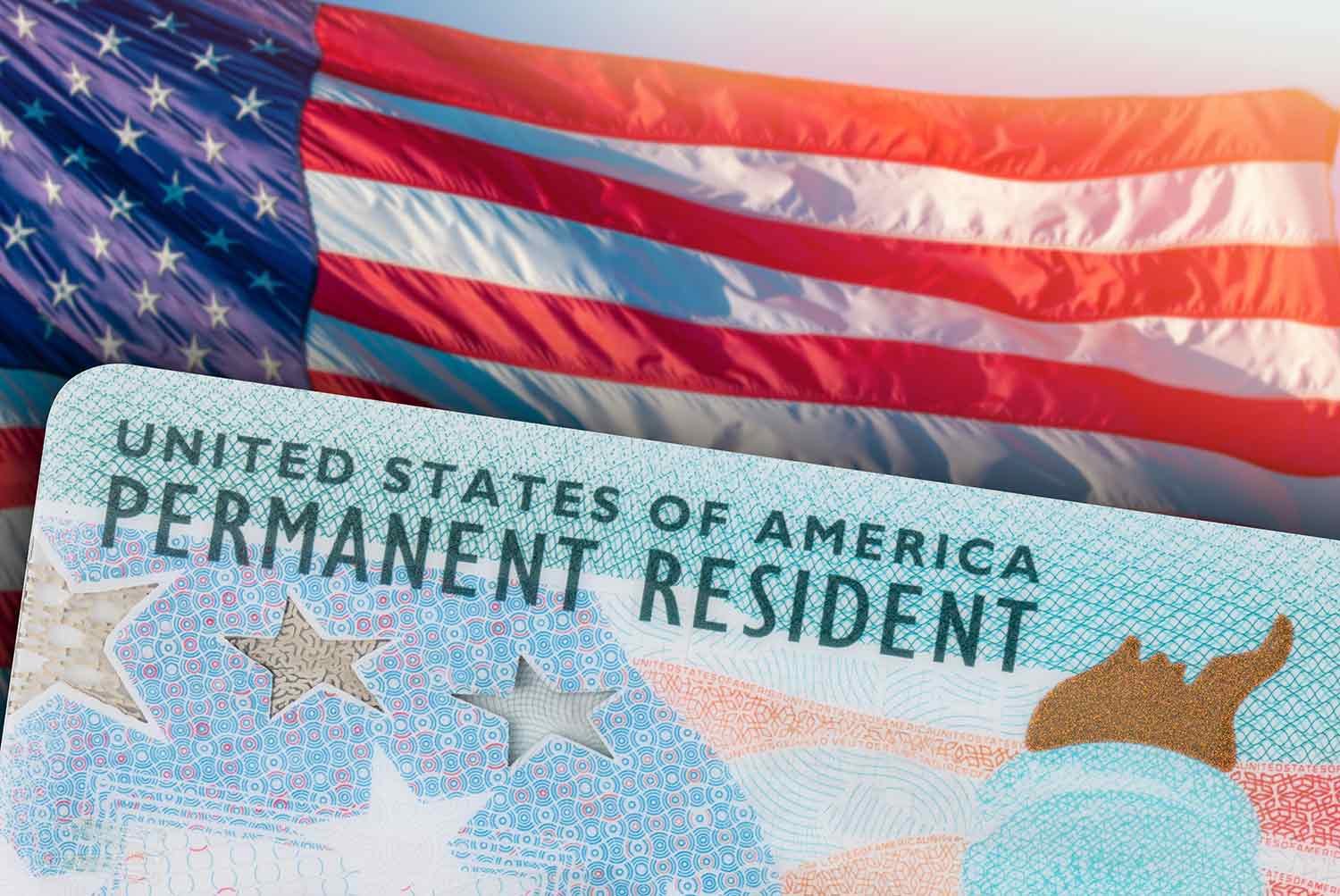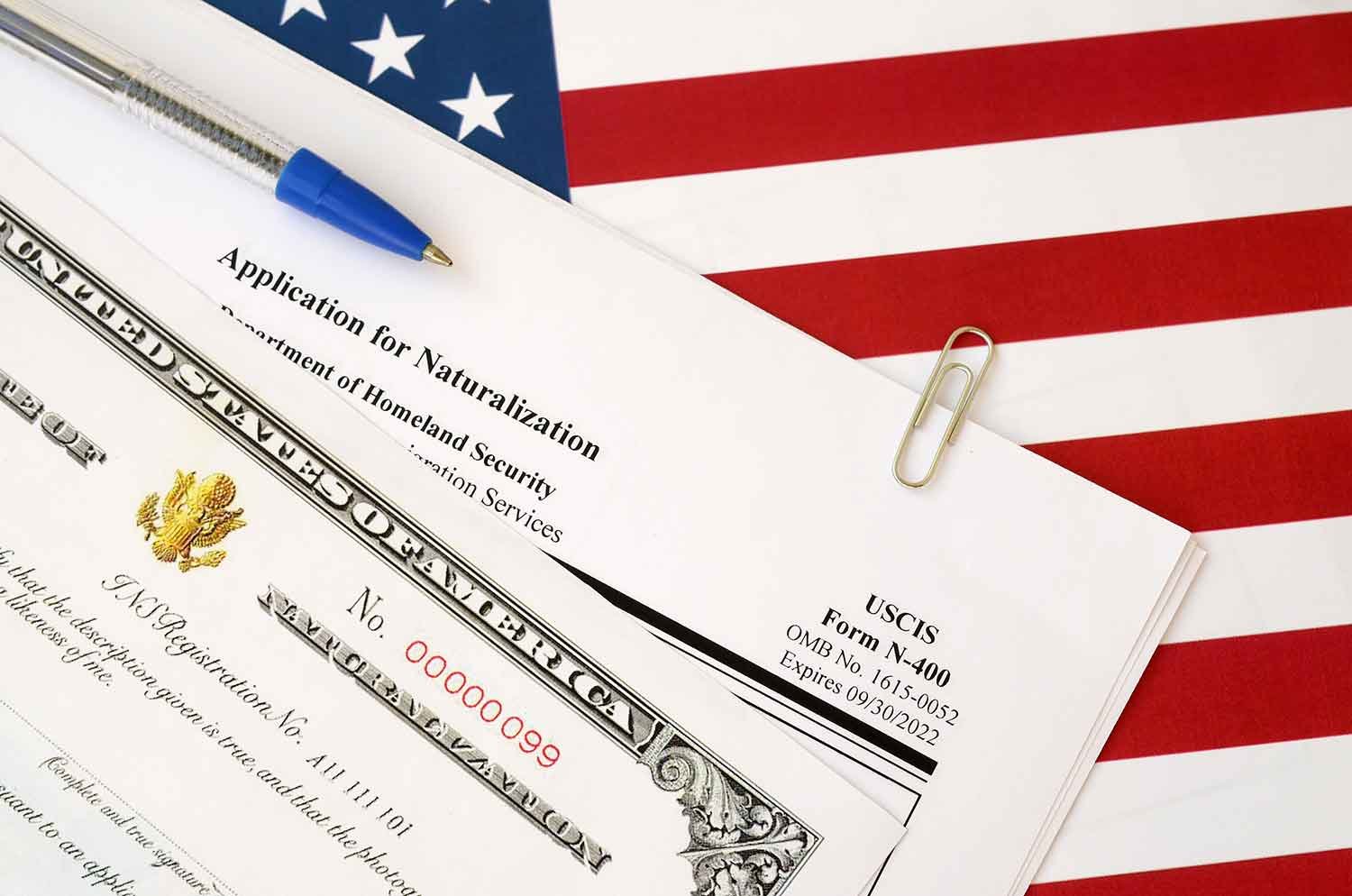Applying for U.S. citizenship can be complex, especially with a criminal record. While past offenses don’t automatically disqualify you, the outcome depends on the type and timing of the crime and your conduct since. This blog explains how a criminal record affects eligibility, which offenses matter most, and offers tips to strengthen your application.
Understanding Good Moral Character (GMC) Requirement
A key requirement for U.S. citizenship is demonstrating “good moral character” (GMC). Set by U.S. Citizenship and Immigration Services (USCIS), this ensures applicants uphold citizen values and responsibilities. The concept of GMC can be broad and subjective, so it’s important to understand its evaluation, especially with a criminal record.
What is Good Moral Character?
GMC refers to a person’s behavior, honesty, and respect for the law. USCIS reviews your conduct over a specific period, usually five years before your application. For marriage-based citizenship applications, this period is reduced to three years. However, serious offenses from earlier may still impact your application even if they are outside this period.
How Criminal Convictions Affect GMC
A criminal record influences how USCIS assesses your moral character. While minor offenses might not disqualify you, serious or repeated offenses can lead to ineligibility. USCIS evaluates not only convictions but also arrests and dismissed charges when considering good moral character.
Types of Crimes Affecting U.S. Citizenship Eligibility
Understanding how different crimes affect a U.S. citizenship application is crucial. Some offenses may permanently block citizenship, while others might only delay the process temporarily. Knowing these distinctions is essential for determining your eligibility and whether you can proceed with your application.
Crimes That May Permanently Bar Citizenship
Certain serious crimes, often referred to as “aggravated felonies” under immigration law, can permanently disqualify an applicant from obtaining U.S. citizenship. These crimes are considered a clear violation of the values expected of citizens. Even if the crime occurred years ago, USCIS may deny the application on these grounds.
List of Aggravated Felonies:
- Murder or attempted murder
- Rape or sexual abuse involving a minor
- Drug trafficking offenses
- Firearm-related crimes
- Human trafficking activities
- Fraud resulting in a loss of $10,000 or more
If you have been convicted of an aggravated felony after November 29, 1990—the date when the current immigration rules were established—you are permanently barred from naturalization, unless you are eligible for one of the limited waivers or can successfully obtain post-conviction relief. Understanding aggravated felonies and their impact on U.S. citizenship is crucial.
Crimes That Can Temporarily Affect Citizenship Eligibility
Certain offenses may not permanently block your path to U.S. citizenship, but they can temporarily affect your eligibility by impacting your Good Moral Character (GMC) during the required period. If an offense occurs within five years before you apply (or three years for marriage-based applications), it could lead to denial. However, once this period ends without further incidents, you may become eligible to reapply for U.S. citizenship.
Common crimes that can temporarily bar citizenship include:
- DUI/DWI (Driving Under the Influence)
- Theft, shoplifting, or petty larceny
- Domestic violence or assault
- Drug possession for personal use
- Vandalism or property damage
Even if the court dismisses or reduces charges, the USCIS will still consider the incident when evaluating your application. Multiple minor offenses could suggest a pattern that doesn’t meet the Good Moral Character standards for U.S. citizenship. Understanding how legal issues affect your immigration process and citizenship application is crucial. Maintaining a clean record and demonstrating good moral character can improve your chances of gaining citizenship.
Can Certain Crimes Be Overlooked for Naturalization?
Are you worried that past offenses might hinder your journey to naturalization? In some situations, minor crimes or legally resolved issues may not block your path to becoming a U.S. citizen. The United States Citizenship and Immigration Services (USCIS) has the authority to overlook specific incidents, particularly if they happened long ago and you have demonstrated rehabilitation.
Here are some examples of crimes that might not prevent naturalization:
- Petty Offenses: If you’ve been involved in minor crimes, such as a single shoplifting incident, where the maximum penalty is less than six months in jail, your application may not be disqualified.
- Expunged or Sealed Records: If your criminal record has been expunged or sealed, it may have less impact on the USCIS evaluation. However, it’s important to note that you still need to disclose these records. However, only a legal vacatur of a conviction can remove a conviction from your record.
- Juvenile Offenses: Offenses committed as a minor may not be counted against you if the court has sealed the records. However, serious juvenile offenses might still influence your application.
By understanding these aspects, you can better navigate the naturalization process and know what past incidents might or might not be a barrier.
USCIS’s Discretion in Evaluating Offenses
It’s important to note that USCIS has broad discretion in evaluating the impact of criminal offenses. They consider the nature of the offense and your behavior since then. Showing positive changes—like community service, steady employment, or participation in rehabilitation programs—can improve your chances of approval.
Disclosure Requirements for U.S. Citizenship: Honesty is Essential
When applying for U.S. citizenship, honesty about your criminal record is crucial. The U.S. Citizenship and Immigration Services (USCIS) requires full disclosure, and omitting information can lead to serious consequences, including application denial or deportation. Report all offenses, even if they seem minor, old, or expunged. Transparency shows USCIS that you’re responsible and helps prove good moral character. Following these guidelines supports a successful citizenship application.
Why It’s Crucial to Disclose Your Criminal Record to USCIS
When applying with USCIS, it’s crucial to disclose your complete criminal record. The agency accesses comprehensive databases, including federal, state, and local records, for thorough background checks. Failing to report any arrests, charges, or convictions may be seen as deception, leading to a denial, even if the offense wouldn’t have disqualified you.
Dismissed or expunged charges must also be disclosed. USCIS wants to understand the full context of your criminal history. Omitting incidents can be viewed as dishonesty and negatively affect your evaluation of good moral character. Ensure a successful application by being transparent with USCIS about your criminal record.
Importance of Full Disclosure in Immigration Applications
When applying to USCIS, disclosing your complete criminal history is crucial. Failing to include parts of your record can result in application denial due to perceived dishonesty, even if the crime itself isn’t disqualifying. More seriously, misrepresentations can trigger removal or deportation proceedings, especially in cases of fraud or perjury. Many applicants unintentionally omit minor offenses from years past due to memory lapses. To prevent this, it’s vital to obtain a copy of your criminal record from state or federal authorities before submitting your application. This ensures your immigration application is accurate and complete, enhancing your chances for success.
Importance of Honesty in Establishing Good Moral Character
While having a criminal record may complicate your path to citizenship, being honest about your past is an opportunity to demonstrate integrity and personal growth. USCIS values applicants who take responsibility for their mistakes and have taken steps to change. On the other hand, dishonesty—even about a minor offense—can undermine the entire application.
Gathering Evidence and Legal Support
If you have a criminal record, strengthening your citizenship application requires careful preparation. Submitting the proper documentation, showing evidence of rehabilitation, and consulting an attorney when necessary can greatly improve your chances of success.
Rehabilitation Evidence: Demonstrating Positive Change
Besides court records, USCIS lets applicants submit evidence of rehabilitation to show good moral character. If your offenses are in the past and you’ve worked to improve your behavior, proof of these efforts can positively impact your application.
Examples of rehabilitation evidence:
- Character Reference Letters – Letters from employers, community leaders, or religious figures attesting to your positive contributions.
- Community Service Records – Documentation of volunteer work or involvement in charitable organizations.
- Counseling or Rehabilitation Programs – Proof that you completed an alcohol or drug treatment program, anger management classes, or therapy.
- Employment Records – A stable job history or promotions can show that you are a responsible and productive member of society.
Providing a well-rounded view of your character helps USCIS see that your past mistakes don’t define you.
Tips on Applying for U.S. Citizenship with a Criminal Record
Applying for U.S. citizenship when you have a criminal record can be challenging, but with the right preparation and strategy, it is possible. Many individuals have successfully navigated this process by staying informed, being truthful, and getting the proper assistance. Here are some essential tips for applying for U.S. citizenship with a criminal record:
- Stay Informed About Changes in Immigration Law
Immigration laws and policies can change, impacting how criminal records are assessed. Changes in how drug offenses or DUIs are handled might affect your eligibility. Stay informed by following USCIS updates and consulting an immigration attorney to keep up with the latest developments.
- Keep a Clean Record Going Forward
One of the most important things you can do is avoid any new legal trouble. Even minor offenses after submitting your application could result in denial, especially if they occur during the statutory period (the 3- or 5-year window before applying).
- Tip: Avoid situations that could lead to legal issues, such as driving under the influence or being involved in disputes.
- Demonstrating good conduct after your last offense strengthens your case and shows that you have changed.
- Be Thorough and Honest in Your Application
Ensure your Form N-400 is complete and accurate. List all arrests, charges, and convictions, even if they seem insignificant or were dismissed. Honesty is crucial—USCIS will cross-check your information with law enforcement databases, and any discrepancies could result in denial.
- Use the “Additional Information” section to explain the circumstances of each offense and how you’ve taken steps to improve your behavior.
- If you’re unsure about your record, consider requesting a criminal background check from relevant authorities before applying.
- Gather Strong Character References
Letters of recommendation from community leaders, employers, or religious figures can provide valuable evidence of your good moral character.
- Choose people who can speak directly to your positive behavior and contributions since your last offense.
- Provide your references with the necessary background about your situation so they can write letters that address your growth and rehabilitation.
- Seek Legal Guidance Early in the Process
If you have any doubts about how your criminal record might impact your application, consult with an experienced immigration attorney. An attorney can help you understand whether your offense could affect your eligibility, guide you in gathering the right documentation, and represent you during the interview if necessary.
Our Firm Can Help You Today!
Don’t navigate the complexities of immigration law alone. Reach out to Cabrera & Hart Law APC for the affordable and personal attention your case needs. Together, we can make your American Dream a reality.
Contact us to learn more about how we can assist you and your loved ones!
Cabrera & Hart Law APC
California’s Premier Law Firm for Immigration & Criminal Defense
Note: This blog post is intended for informational purposes only and does not constitute legal advice. For personalized legal assistance, please contact Cabrera & Hart Law APC directly.




